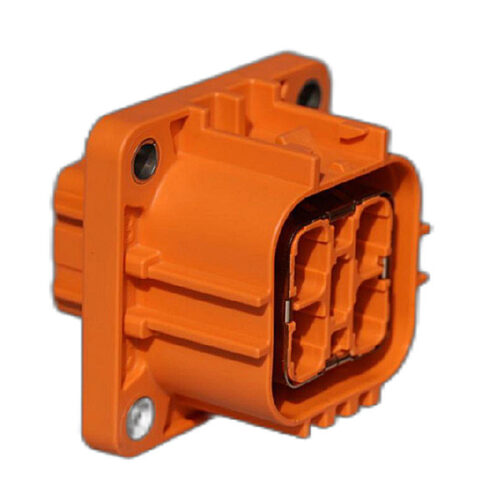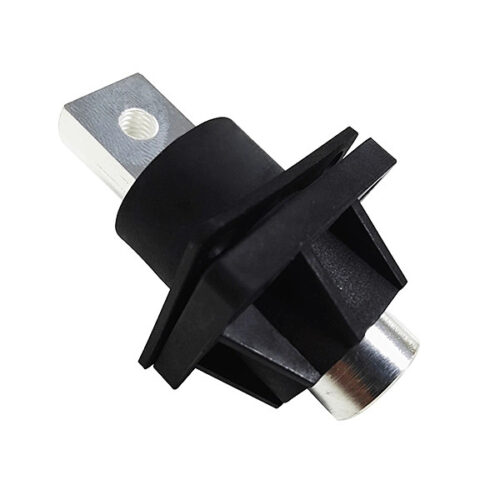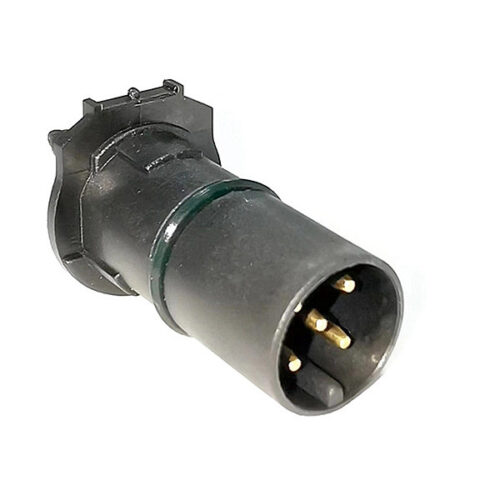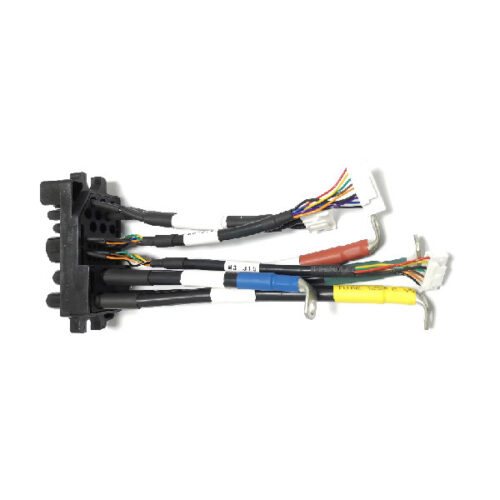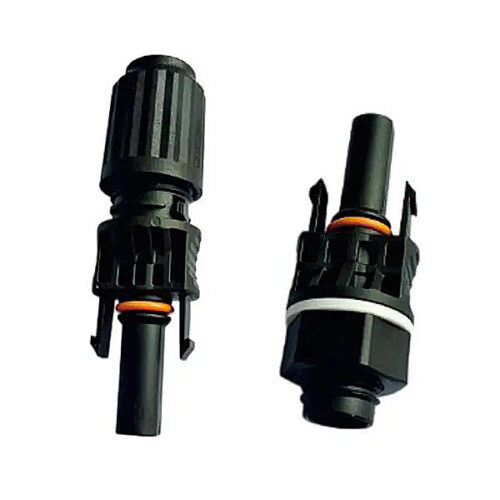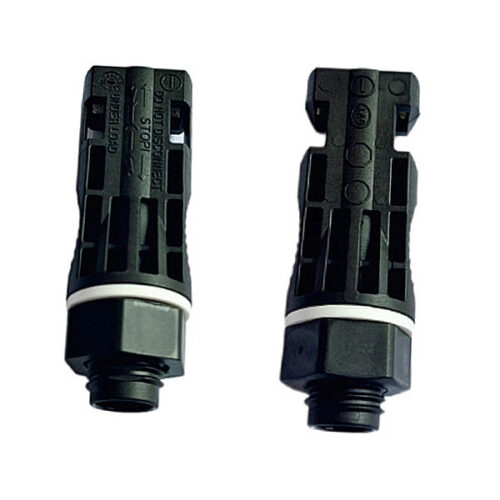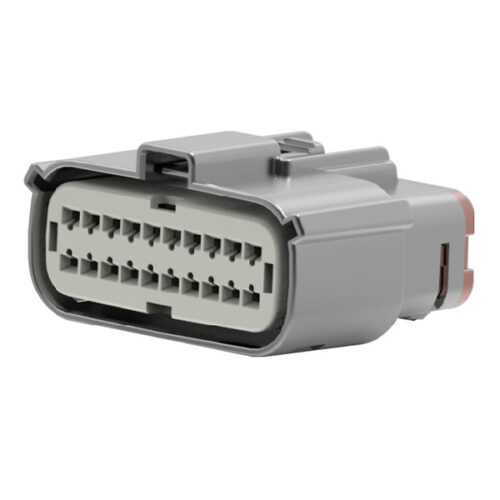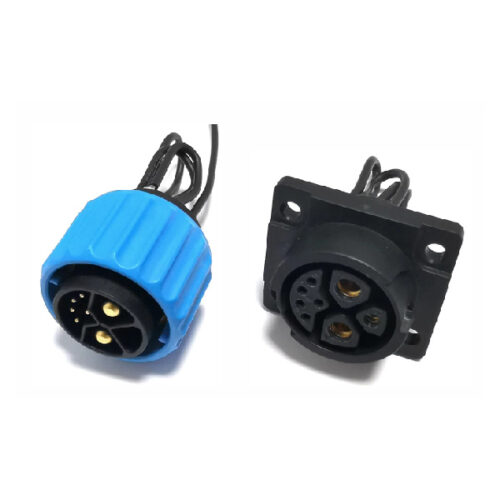Blogs & News
We are focus on automotive wiring harness & connectors technology.
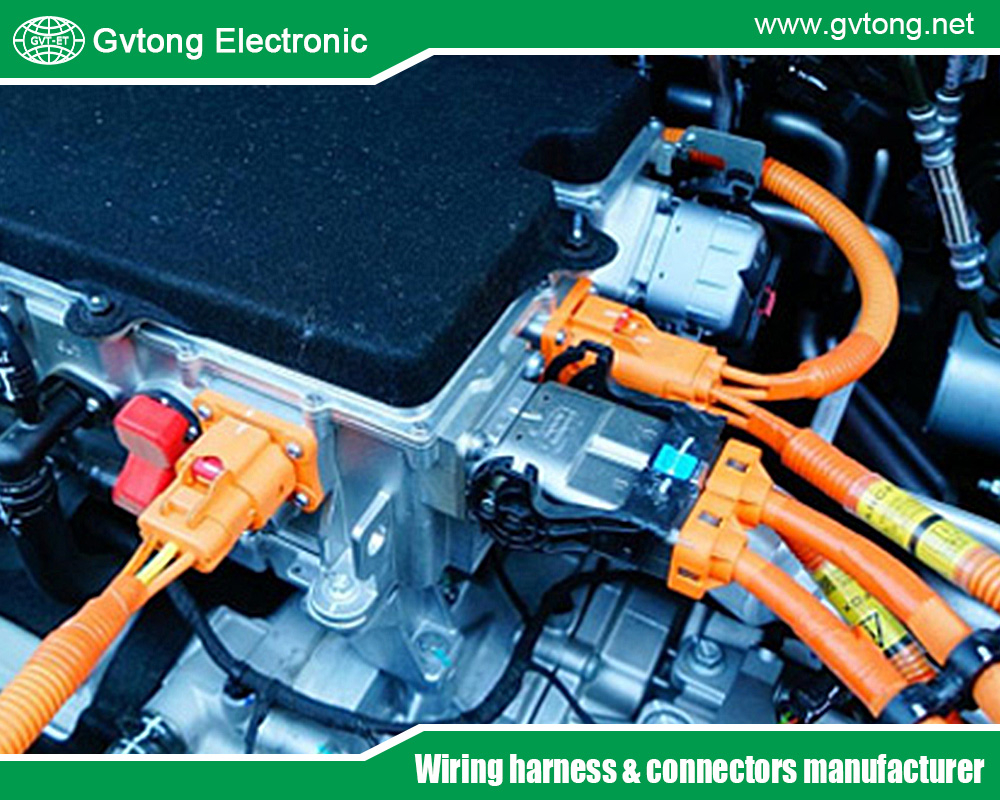
The Best Photovoltaic Connectors For Solar Panels
- Gvtong Electronic
- ADAS sensor connectors, Automated assembly connectors, automotive High voltage connector, Automotive shielded connectors, Automotive-grade AEC-Q200 connectors, Battery management system (BMS) connectors, best photovoltaic connectors, best photovoltaic connectors for solar panels, best photovoltaic connectors for solar panels factory, best photovoltaic connectors for solar panels supplier, Blind-mate automotive connectors, EV charging connectors, Fuel cell connectors, Halogen-free automotive connectors, High-speed data connectors, In-cabin infotainment connectors, Low-contact resistance connectors, Modular automotive connectors Lightweight automotive connectors, OEM-specific connectors, Photovoltaic Connectors, photovoltaic connectors manufacturer, Pre-charge/discharge connectors, Quick-fit automotive connectors, Recyclable material connectors, Redundant safety connectors, Thermal management connectors, V2X communication connectors, Wireless charging connectors
- No Comments
The Best Photovoltaic Connectors For Solar Panels
Photovoltaic connectors are specialized electrical components designed to link solar panels together and connect them to inverters, which convert the direct current (DC) generated by the panels into alternating current (AC) for practical use. These connectors are the unsung heroes of solar systems, ensuring that the power harnessed from the sun flows efficiently and safely. Poor-quality or incompatible connectors can lead to power loss, overheating, or even fire hazards, making the choice of connectors a critical decision for any solar installation.
The significance of PV connectors lies in their ability to withstand the unique demands of solar energy systems, including high voltages, exposure to harsh weather, and long-term durability. As solar technology advances and systems grow more powerful, the need for reliable, high-performance connectors becomes even more pronounced. This article will guide you through the best options available, with a particular emphasis on the industry-standard MC4 connectors, while also exploring other notable alternatives.
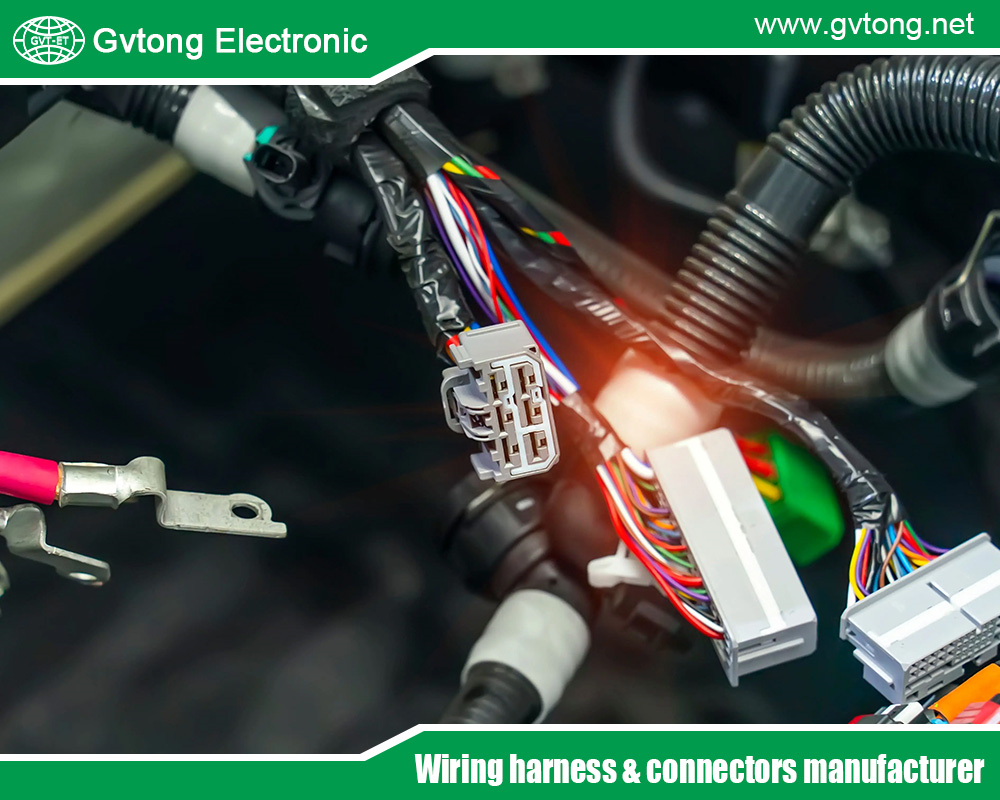
Types of Photovoltaic Connectors
Several types of PV connectors are used in solar installations, each with distinct features and applications. Below, we outline the most prominent options, focusing on their relevance and popularity in the industry.
MC4 Connectors
Developed by Stäubli (formerly Multi-Contact), MC4 connectors are the gold standard in photovoltaic connections. They are designed to handle high voltages (up to 1500V) and currents (typically 20A to 40A), making them suitable for a wide range of solar systems, from small residential setups to large commercial arrays. Their robust, weatherproof design—featuring an IP67 rating—ensures durability in harsh outdoor conditions, while their snap-in mechanism simplifies installation. The widespread adoption of MC4 connectors has made them nearly ubiquitous, with most solar panels and inverters now manufactured to be MC4-compatible.
MC3 Connectors
MC3 connectors were once a popular choice in the solar industry but have largely been replaced by the more advanced MC4 design. Found in older installations, MC3 connectors are simpler and reliable but lack the higher voltage and current capacities of their successors. While still functional, they are less common in modern systems.
Amphenol Connectors
Amphenol, a leading manufacturer of electrical connectors, produces PV connectors known for their durability and performance. These connectors meet stringent industry standards and serve as a reliable alternative to MC4 connectors, particularly in specialized applications where specific compatibility or enhanced features are required.
Tyco Connectors
Tyco’s SolarLok connectors offer a secure, weather-resistant connection for solar systems. Though not as dominant as MC4 connectors, they remain a viable option for certain installations, valued for their ease of use and dependable performance.
Radox Connectors
Radox connectors are engineered for high-performance applications, excelling in extreme environmental conditions. Often used in remote or industrial solar projects, they provide exceptional durability and resistance to temperature fluctuations, making them a niche but effective choice.
While each of these connectors has its strengths, MC4 connectors stand out as the most versatile and widely recommended option due to their proven reliability, compatibility, and market dominance.
Key Features of the Best Photovoltaic Connectors
What makes a photovoltaic connector “the best”? The answer lies in a combination of critical features that ensure optimal performance, safety, and longevity. Here are the defining characteristics:
- Reliability and Durability: High-quality connectors use materials like tinned copper for conductive pins and robust plastics such as PPO (Polyphenylene Oxide) or PA (Polyamide) for housing. These materials resist corrosion, UV radiation, and extreme temperatures, ensuring long-term performance.
- Weather Resistance: Solar connectors must endure rain, snow, humidity, and UV exposure. An IP67 rating or higher indicates a connector is fully weatherproof, protecting against dust and water ingress.
- Ease of Installation: Connectors that are simple to install and disconnect save time and reduce installation errors. MC4 connectors, for example, feature a user-friendly snap-in design that locks securely without specialized tools.
- Compatibility: The best connectors work seamlessly with a variety of solar panels and inverters. MC4’s universal compatibility makes it a top choice for most systems.
- Safety Certifications: Connectors certified by organizations like TÜV or UL have been rigorously tested for safety and reliability, providing peace of mind for installers and system owners.
- High Voltage and Current Ratings: As solar panels produce more power, connectors must handle higher voltages (e.g., 1500V) and currents (e.g., 30A). This ensures they can support modern, high-output systems without overheating or failing.
These features collectively distinguish top-tier connectors, with MC4 connectors often exemplifying the ideal balance of performance and practicality.
Technical Specifications of Photovoltaic Connectors
To choose the best connectors, it’s essential to understand their technical specifications. These metrics determine a connector’s suitability for a specific solar system. Key specifications include:
- Voltage Rating: The maximum voltage a connector can handle safely. Residential systems typically require 1000V-rated connectors, while commercial or utility-scale systems may need 1500V ratings to accommodate higher power outputs.
- Current Rating: This indicates the maximum current a connector can carry without overheating. Ratings typically range from 20A to 40A, depending on the system’s size and panel output.
- Contact Resistance: Low contact resistance (e.g., <0.5 milliohms) minimizes power loss, ensuring efficient energy transfer.
- Temperature Range: Connectors should operate reliably from -40°C to +85°C to perform in diverse climates, from freezing winters to scorching summers.
- Insulation Material: UV-resistant and fire-retardant materials like PPO or PA protect the connector and enhance safety over its lifespan.
These specifications guide the selection process, ensuring connectors meet the electrical and environmental demands of a solar installation.
Common Issues and Solutions with Photovoltaic Connectors
Even the best connectors can encounter issues if not installed or maintained properly. Below are common problems and their solutions:
- Loose Connections: Improperly secured connectors can loosen over time, causing power loss or arcing (a fire risk). Solution: Ensure connectors are fully engaged and locked during installation, and check them periodically.
- Incompatibility: Mixing connectors from different manufacturers or types can result in poor connections. Solution: Use matching connectors from the same brand or confirm compatibility certification.
- Corrosion: Moisture exposure can corrode connectors, especially if seals fail. Solution: Opt for high-IP-rated connectors and verify proper installation to maintain weatherproofing.
- Overheating: Undersized connectors may overheat under high current loads. Solution: Match the connector’s current rating to the system’s requirements and avoid overloading.
Regular maintenance—such as inspecting connectors for wear or damage—can prevent these issues. Choosing high-quality connectors from reputable manufacturers also reduces risks significantly.
Tips for Choosing the Best Photovoltaic Connectors
Selecting the right connectors for your solar system involves careful consideration. Here are practical tips to guide your decision:
- Check Compatibility: Verify that connectors match your solar panels and inverter. MC4 connectors are a safe bet due to their widespread compatibility.
- Prioritize Weatherproofing: Look for connectors with an IP67 rating or better to ensure resilience against outdoor elements.
- Match Ratings to System Needs: Confirm that the connectors’ voltage and current ratings align with your system’s output. For high-power setups, choose connectors with higher ratings.
- Opt for Trusted Brands: Manufacturers like Stäubli (for MC4), Amphenol, and Renogy offer reliable, industry-approved connectors. Avoid cheap, unbranded alternatives that may compromise safety.
- Value Ease of Installation: User-friendly designs, like MC4’s snap-in mechanism, simplify setup and minimize errors.
- Plan for Maintenance: Even top connectors need periodic checks. Build inspection into your system’s upkeep routine.
Following these tips ensures your solar system benefits from connectors that enhance performance and durability.
Real-World Impact: The Difference Connectors Make
The importance of quality connectors is evident in real-world applications. Consider a residential solar installation where initial cost-cutting led to the use of low-quality, incompatible connectors. Within months, loose connections caused significant power loss, reducing the system’s efficiency by 15%. Replacing these with MC4 connectors from Stäubli restored performance and eliminated safety concerns, demonstrating how connector choice directly affects outcomes. Similarly, a commercial solar farm using weather-resistant MC4 connectors withstood a harsh storm season without issues, while a neighboring site with inferior connectors faced outages due to corrosion. These examples underscore the practical value of investing in the best connectors.
Environmental Considerations
Solar energy is inherently eco-friendly, and connectors can align with this ethos. Reputable manufacturers like Stäubli prioritize sustainable production practices, and durable connectors reduce waste by lasting longer. While no connectors are explicitly marketed as “eco-friendly,” choosing high-quality, long-lasting options supports the environmental goals of solar power by minimizing replacements and landfill contributions.
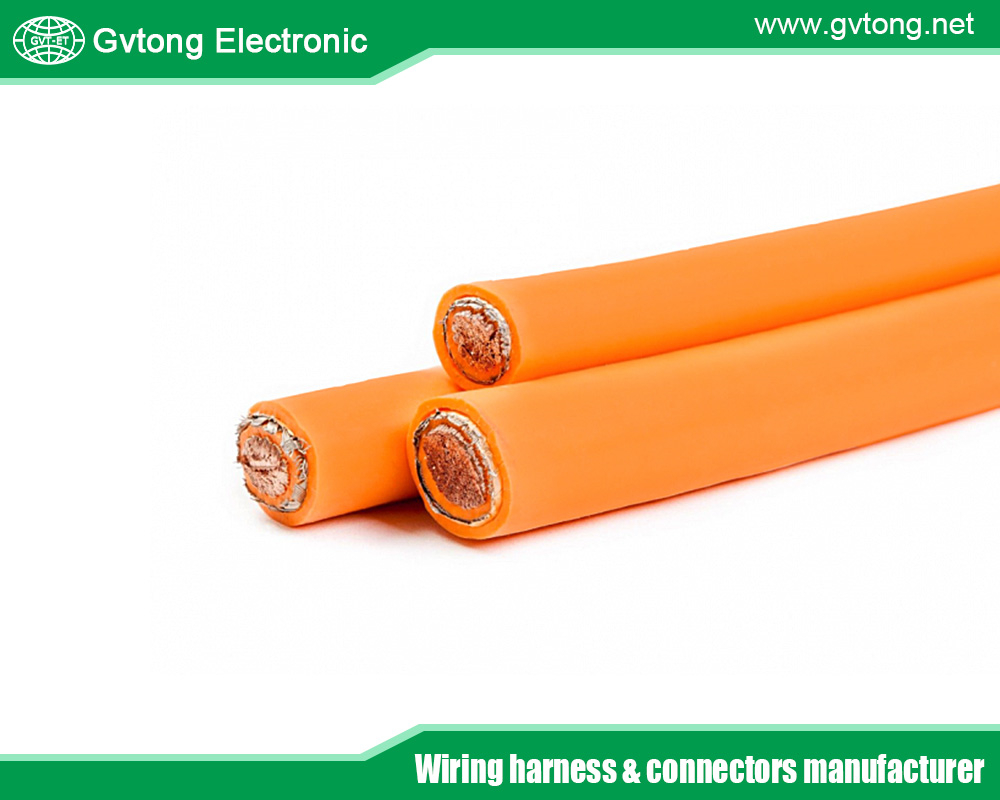
Conclusion
Photovoltaic connectors may be small, but their impact on solar panel systems is immense. The best connectors—like the industry-leading MC4—combine reliability, durability, and ease of use to ensure efficient, safe, and long-lasting solar installations. By focusing on key features such as weather resistance, high voltage ratings, and compatibility, and by selecting connectors from trusted brands, system owners can optimize performance and protect their investment. Whether you’re a homeowner exploring solar energy or a professional designing large-scale arrays, choosing the right photovoltaic connectors is a decision that pays dividends in efficiency and peace of mind. Research your options, consult with experts, and prioritize quality—your solar system deserves nothing less.
For more about the best photovoltaic connectors for solar panels, you can pay a visit to Gvtong at https://www.gvtong.net/ for more info.

